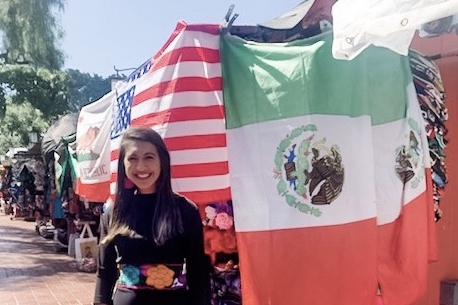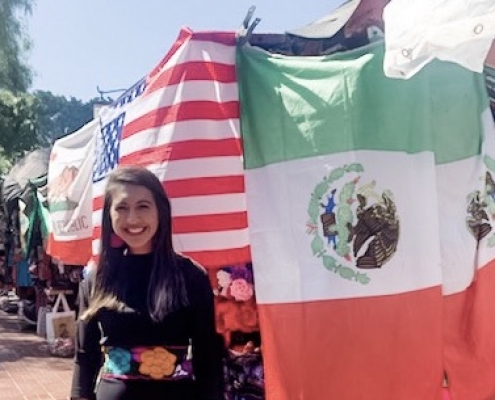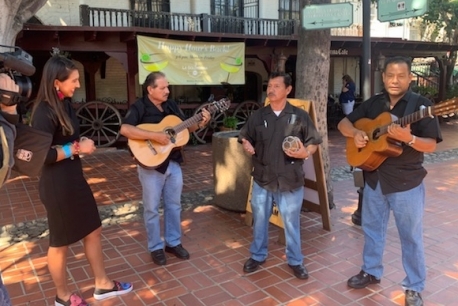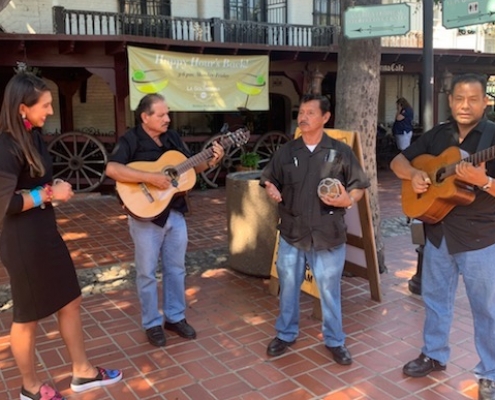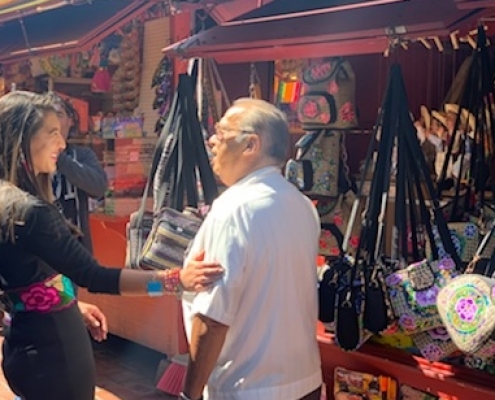Loukaitou-Sideris on Signs of Gentrification in Inglewood
Urban Planning Professor Anastasia Loukaitou-Sideris spoke to USA Today about signs of gentrification in Inglewood since the opening of SoFi Stadium, which will host this year’s Super Bowl. Rent and home prices have surged in recent years, and corporate chains are moving in to the primarily Black and Latino city. While some local business owners are cautiously optimistic the changes will be good for the city, some community activists fear that Inglewood’s culture and character are at stake. Loukaitou-Sideris weighed in on the long-term effects of gentrification. “When you start seeing a sociodemographic group slowly disappearing, when you start seeing mom-and-pop stores that you grew up with being replaced by, let’s say, Starbucks, that is another aspect of what is happening,” she said. “People may no longer look like you — there is no longer a traditional Black or Latino neighborhood — but also the goods, the services and the stores may be different.”
